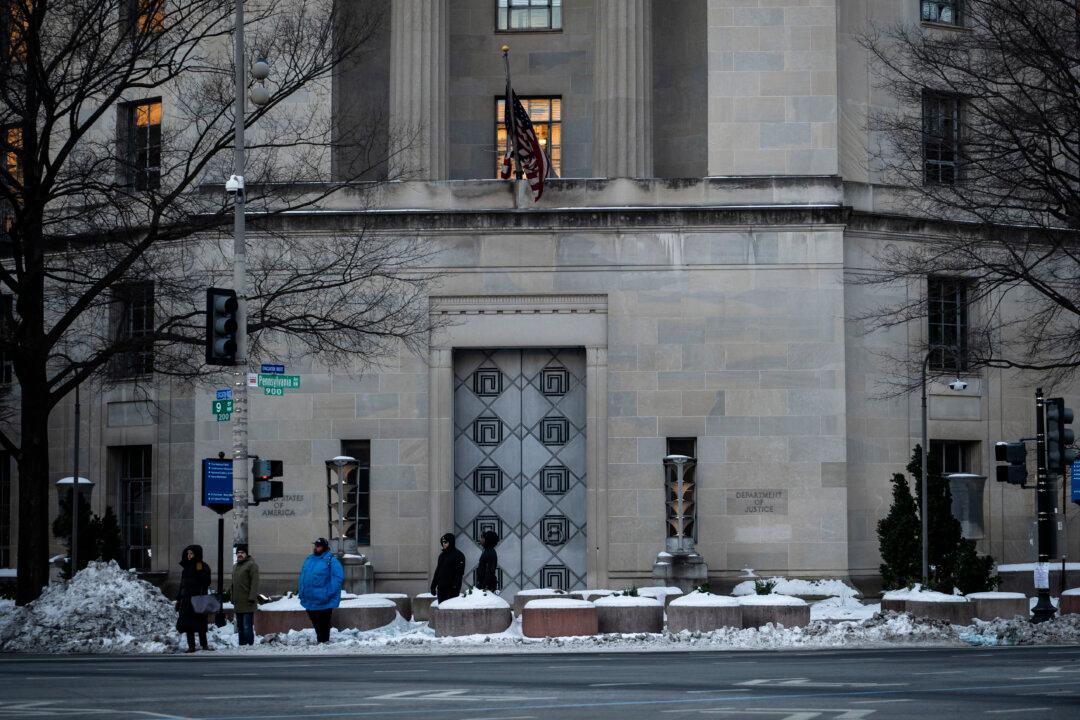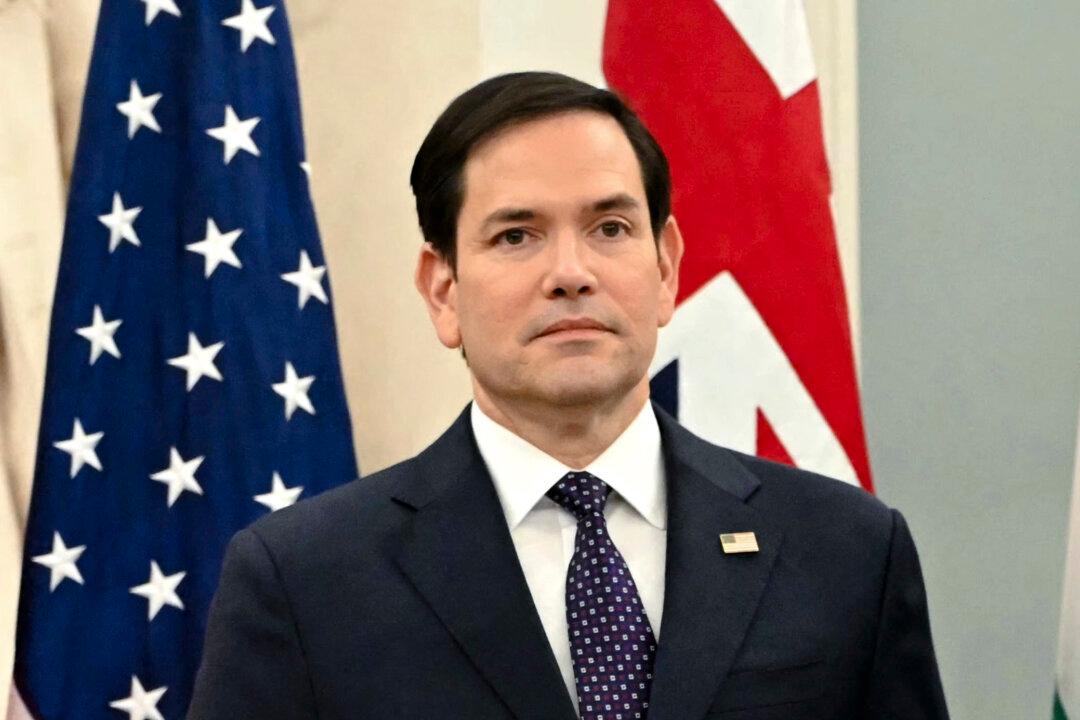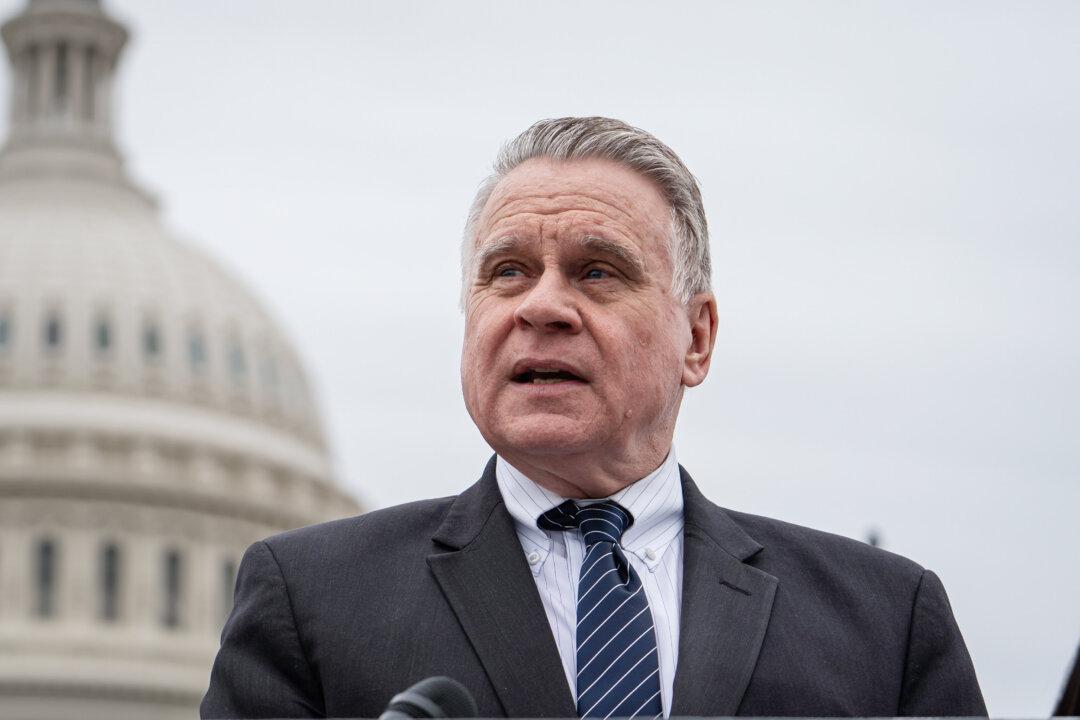Cruz added: “The Chinese Communist Party deliberately silenced those who tried to sound the alarm and provide the world with medical information...Had the Chinese government acted responsibly, the coronavirus outbreak might not have turned into a global pandemic.”
Called the Ending Chinese Medical Censorship and Cover Ups Act of 2020, the bill would require the U.S. President submit a list of persons that engaged in censorship activities in China, to the appropriate congressional committees within 90 days after the bill is enacted.
The President would need to update the list at least once annually, according to the bill.
Censorship activities to be penalized include acts that “prohibit, limit, or penalize the exercise of freedom of expression or assembly” by Chinese citizens on social media.
Chinese officials who punished citizens for “the public dissemination of accurate epidemiological information” could also be sanctioned.
The sanctions would include prohibiting property transactions in the United States, denying visas, and revoking existing visas.
“China’s censorship and suppression are now not only a threat to human rights in China and around the world, they are a direct threat to U.S. national security and our economy,” Cruz said.
In early January, Li was summoned to a local police station for “rumor-mongering.” He died a month later after contracting the virus from an infected patient.
To this day, many Chinese netizens have continued to visit Li’s personal Weibo account, leaving comments on his last social media post published on Feb. 1, when he wrote that he had tested positive for the virus.
On April 15, one netizen from Shanghai wrote: “Two months have passed. You [whistleblowers doctors] have been sacrificed. Nobody has stepped up to take responsibility, to seek accountability, or to hold a review.”
According to RSF, Ai’s family feared that she had been arrested following her criticism of China’s censorship during an interview with a local magazine.
Ai’s Weibo account recently became posting messages again, but RSF is concerned that Chinese police forced her to post them.
“We urge the Chinese authorities to display the utmost transparency about her situation and, if she has been arrested, to immediately free her and all other journalists and information sources detained in China,” said Cédric Alviani, head of RSF’s East Asia bureau, in the statement.





